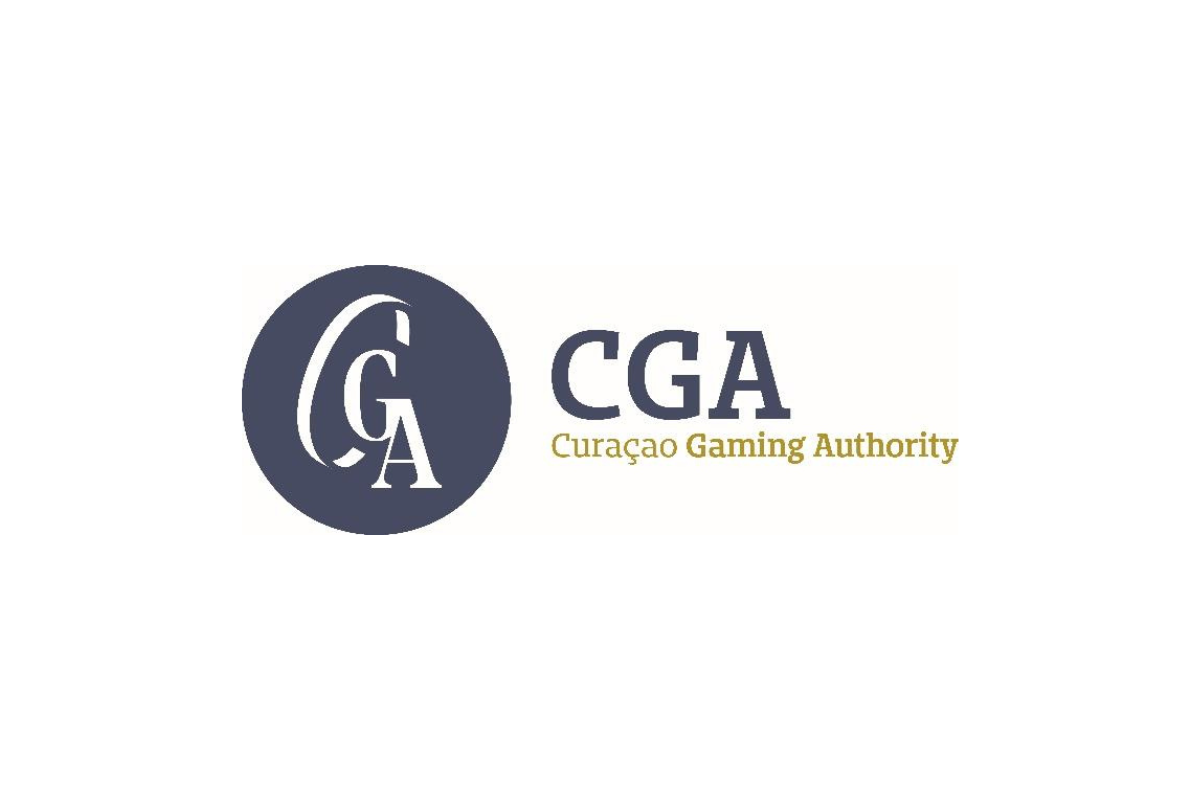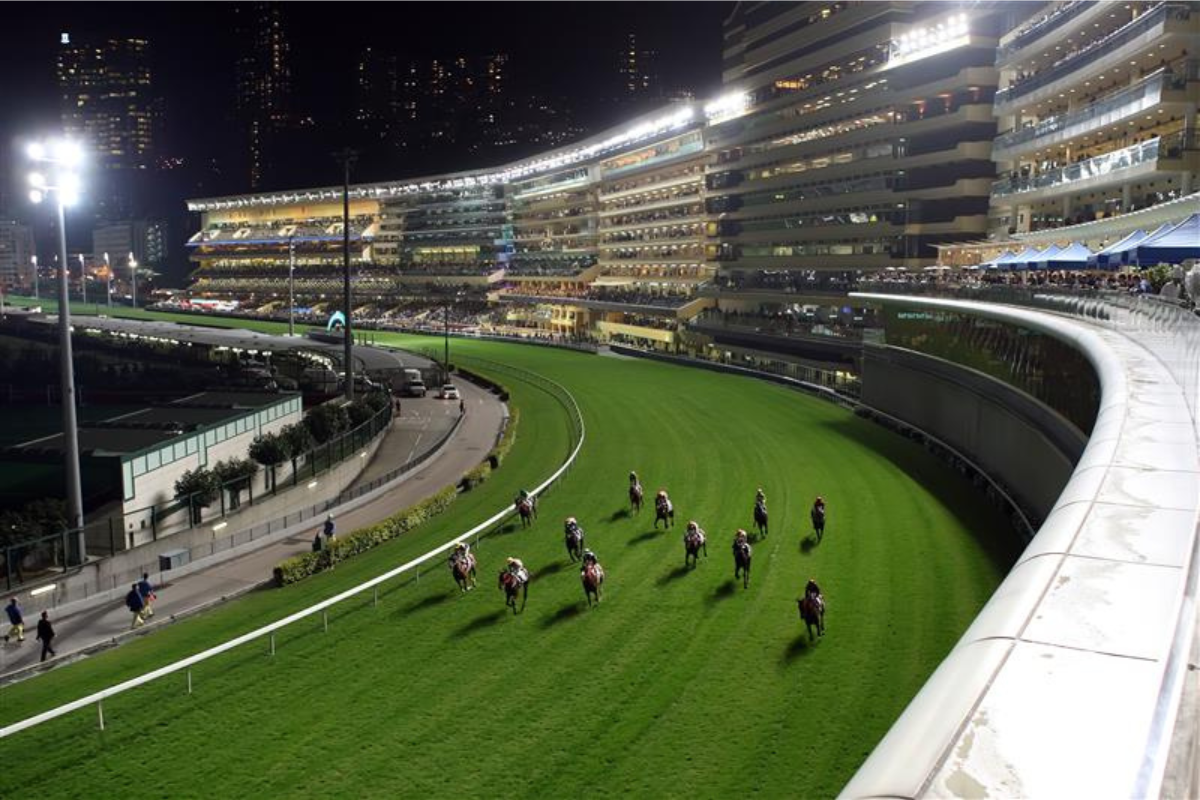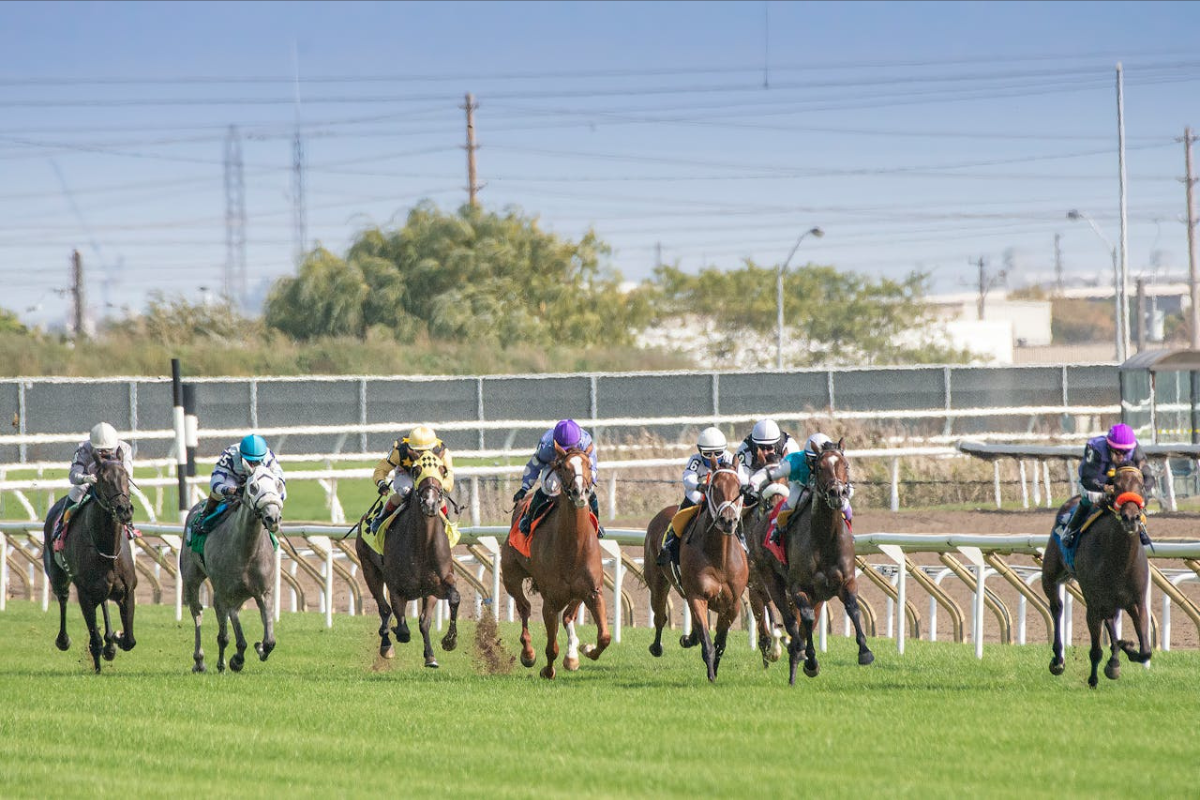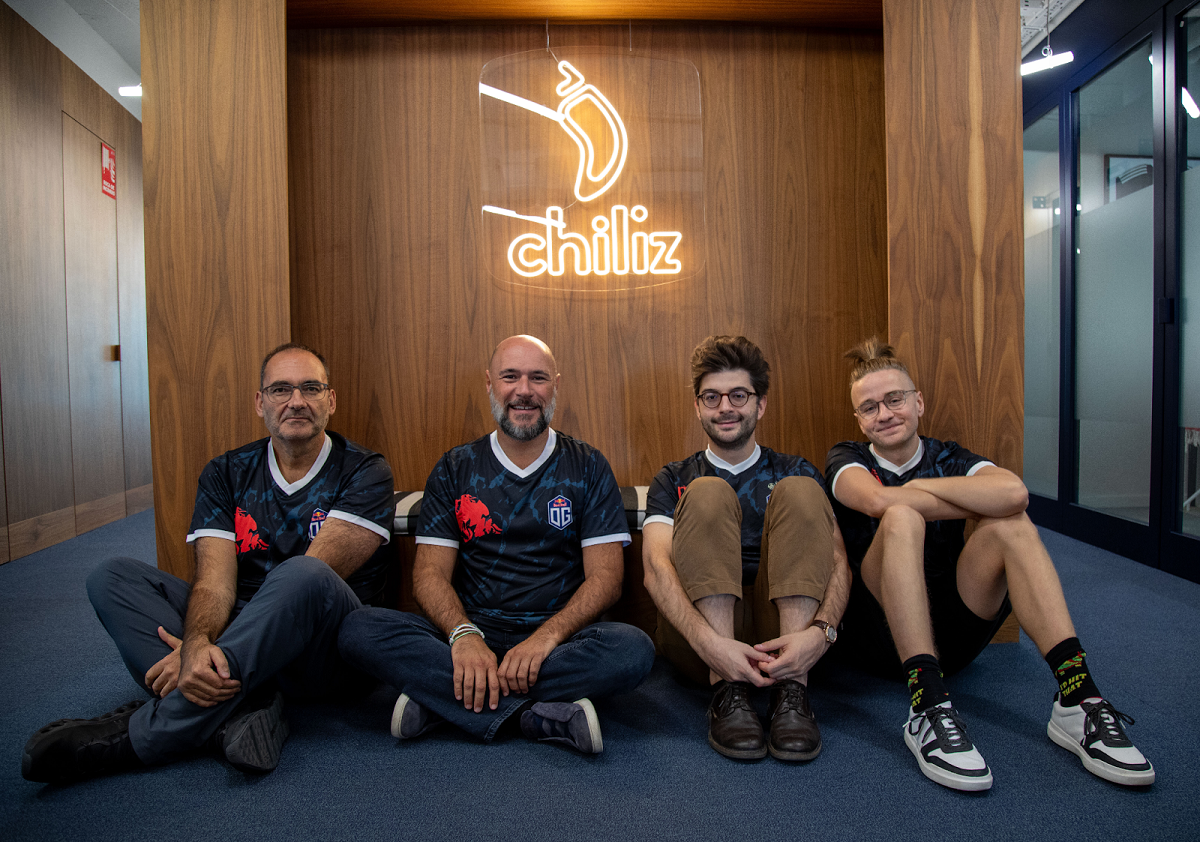Industry News
Google to Help Russia Block Online Gaming Sites

As a country, Russia has some of the strictest guidelines in the world for the regulation of access to online casino sites. Any online gambling sites that are unwilling to comply with the licensing regulations set forth by the Russian government will not be given access to Russian players. Currently, major sites like 888, Bet365, Betfair, Betfred, Ladbrokes, Unibet and William Hill are all blocked.
To enforce its policies, the Russian government has enlisted the services of telecom watchdog Roskomnadzor. As part of that company’s strategy to keep unwanted online casino operators from having access to Russian players, the company is continually putting pressure on worldwide search engine Google to use its filters to block said sites from being listed within Russia’s domain. To date, Roskomnadzor has blocked as many as 14,500 sites without any assistance from the search engine giant. Many of these sites are currently listed at www.choicecasinos.com.
In what industry experts call a surprise move, Google has finally relented and decided to help the Russian regulator do its job of blocking unlicensed websites from popping up on any search results related to online gambling. The move came after Google was assessed a $7,500 fine for not complying with prior requests for help. It’s interesting to note the size of this fine is well below the maximum amount that could have been assessed based on Russian guidelines.
This surprise move comes outside the scope of the normal mode of operation for Google. The company has always been far more likely to refuse to pay said fines and instead, seek relief from the appropriate court system. While the size of this fine might seem irrelevant to a company Google’s size and stature, it’s the cowering to foreign governments that have always spurred Google to fight back. Then again, Google may have decided to comply at this time because of recent threats by the Russian government to assess fines of up to 1% of annual gross revenues on tech giants who ignore its ruling. In Google’s case, that amount would have been around $6.4 million, based on its earnings in Russia in 2017 and probably high in 2018.
When asked why he felt Google agreed without pushback, Doskomnadzor’s deputy chief Vadim Subbotin stated, “If we come to a dead end … the state makes changes to the law, and for the non-execution of Russian laws the most severe punishment is possible – such as blocking.” It would be unfathomable to think that a company with Google’s stature would be blocked from operating in any industrial country.
Going forward, Russia’s federal state information system (FGIS) will be charged with making sure Google does as requested and blocks any unwanted online gambling sites from appearing. The FGIS provides a database of all known gambling sites that can be automatically cross-referenced to anything that might show up in relevant search results.
There is a possibility this could set precedent. It will be interesting to see if other countries might try to use similar tactics to try to strong-arm Google into blocking various search results as requested.
-

 Asia6 days ago
Asia6 days agoDigital gaming disruption tackled in 1st AsPac Regulators’ Forum
-

 Africa7 days ago
Africa7 days agoKiron announces the launch of its new virtual football title, Turbo League, with SportPesa in Kenya and Tanzania
-

 Aquisitions/Mergers7 days ago
Aquisitions/Mergers7 days agoNOVOMATIC successfully completes sale of ADMIRAL Austria to Tipico and focuses on international growth markets
-

 Compliance Updates7 days ago
Compliance Updates7 days agoSOFTSWISS Releases Gambling Regulation Directory for iGaming Operators
-

 Compliance Updates7 days ago
Compliance Updates7 days agoAlternative Dispute Resolution (ADR) Role and Certification
-

 Asia7 days ago
Asia7 days agoiRace Media extends partnership with The Hong Kong Jockey Club in Asia
-

 Central Europe7 days ago
Central Europe7 days agoSYNOT Games Delivers Bespoke Games Exclusively for SazkaHry.sk in the Slovak Market
-

 Latest News6 days ago
Latest News6 days agoIs Horse Racing Betting Still Popular In Europe?


















